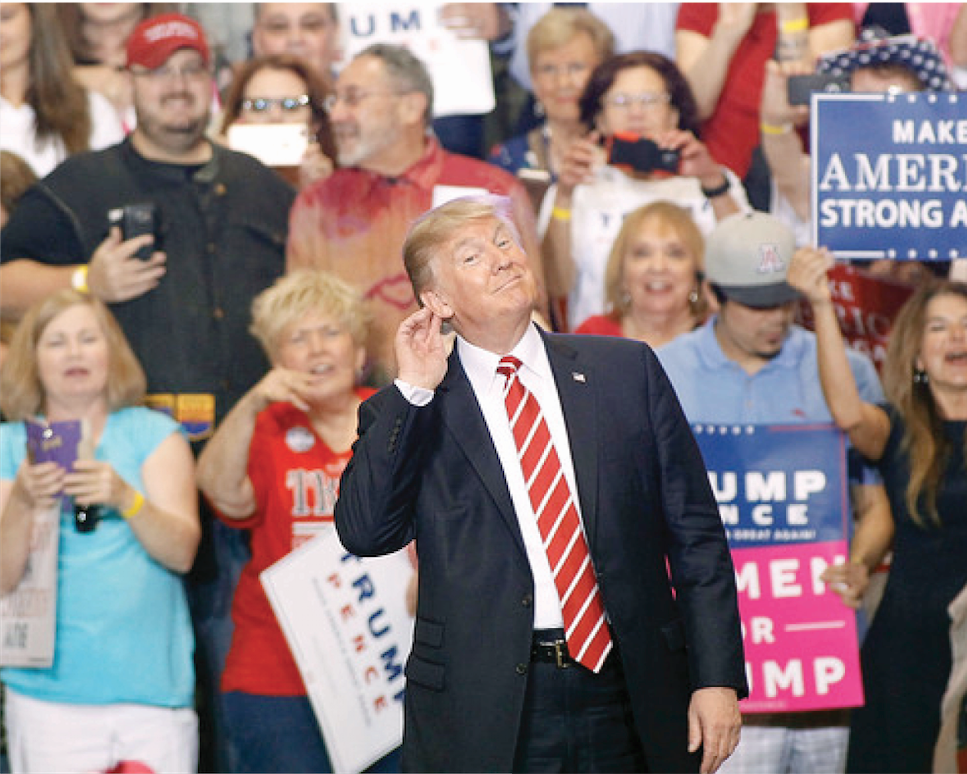On Sept. 27, the Trump administration released the Unified Tax Reform Framework that would cut income tax rates, lowering the top rate to 35 percent from 39.6 percent, while decreasing the number of tax brackets from seven to three. According to the TIME Magazine, the tax reform framework is designed to help the middle class by ensuring working families receive an increase in take-home pay and will particularly benefit the low-income families, as those that earn less than $24,000 will not have to pay federal income taxes.
“In a way, this could benefit people of all social classes, as they will have more real income, and therefore, more money to spend than before,” said Emma Lee (10), MUN member. “In other words, they will spend the money they would have paid as tax to buy all of their necessities, thus putting more money to circulate within the market, and improving America’s economy as a result.”
Moreover, the new tax reform will help small and medium-size businesses, as tax rates will get lowered, encouraging reinvestment of their earnings into their operation, spurring their businesses, creating new jobs, and boosting wages. Yet, according to Reuters, Trump’s plan would only balloon the deficit and add to the $20 trillion national debt. The political opinions on Trump’s plan was starkly divided between the Democrats and the Republicans, as 56 percent of the Republicans supported the tax reform, while only nine percent of the Democrats supported the framework.
“When talking about taxation, I believe taxing the rich is crucial to overall economic development,” said Mary Ghadimi, MUN advisor. “By taxing the rich, we can give more money, establish a stronger education system, and offer more opportunities for those in the lower class, thus increasing the welfare of the low income families.”
Although the plan could slow down long-term economic growth by adding onto the $7 trillion debt over the next decade according to the New York Times, Trump’s framework could also boost economic growth in the short run, as it gives families and businesses more money to spend. According to Business Insider, the Unified Tax Reform Framework will be implemented into America’s fiscal system by the end of 2017 or by the start of 2018.
“Personally, I believe that this economic plan will not work,” said Julie Song (12), MUN member. “Instead of spending the money they would have paid as tax, people will save this sum of money to use later. So instead of putting more money into the market, this is just slowing down economic growth and at the same time, increasing America’s debt in the longer term.”

